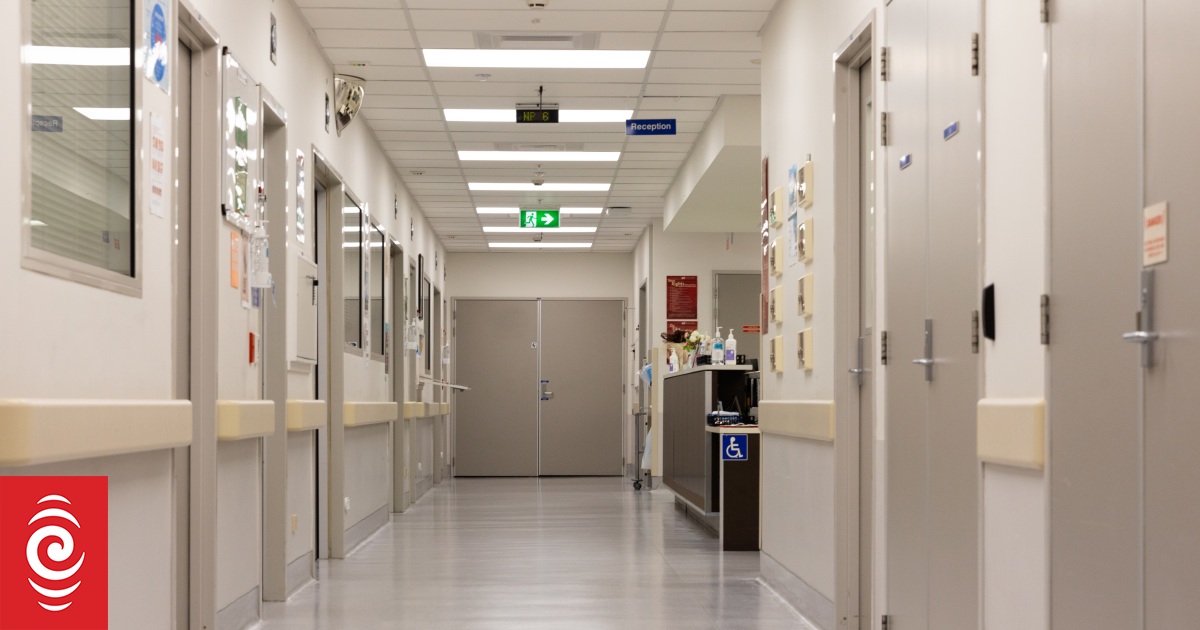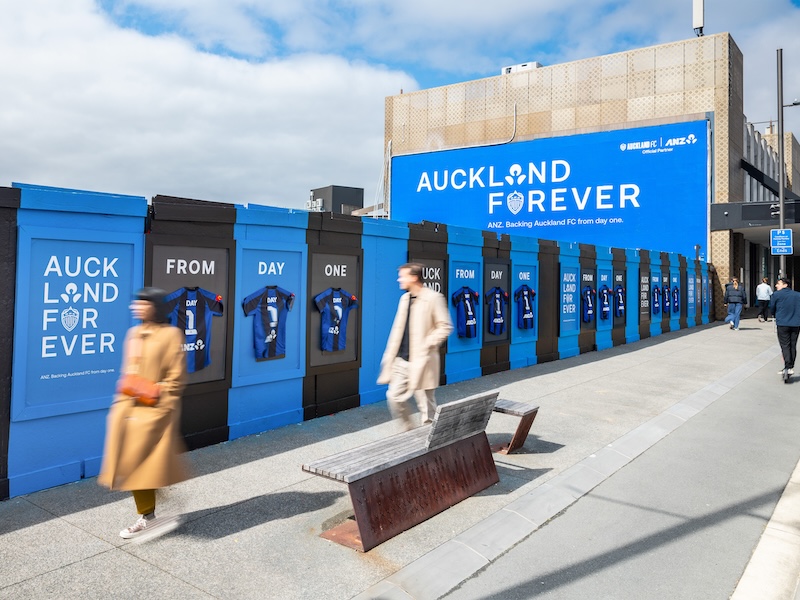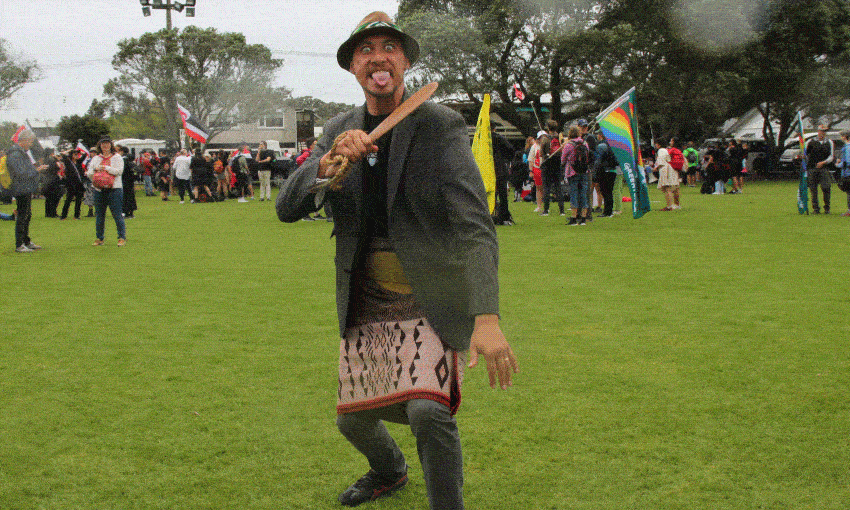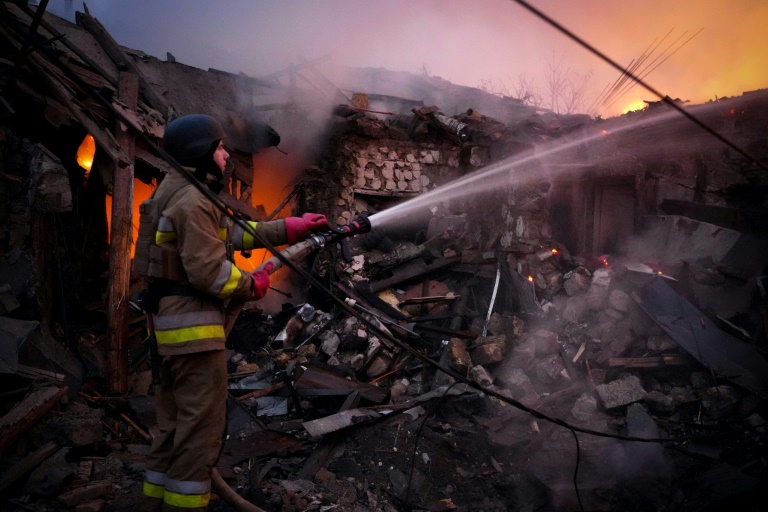Photo: RNZ / Dan Cook
More patients with the chronic condition lymphoedema could be “offered the opportunity” to be treated at a hospital outside their district or privately due to a lack of services in every region.
Patients with the condition, which can cause severe swelling in an arm or leg, have contacted RNZ concerned about the lack of treatment options and postcode lottery healthcare.
This includes Wellington’s lack of a public lymphoedema service.
Some are among 17 people who in the past five years have travelled to Australia for specialist surgery not offered here but the government has not funded this since 2018.
About one in five people develop the chronic condition after having lymph nodes removed during cancer treatment.
Te Whatu Ora – Health New Zealand said it is aware there is no service for patients with the condition in Wellington and it “is working through ways to address any variation in healthcare access across the motu”.
Its national director hospital and specialist services Fionnagh Dougan said that could be addressed by sending patients elsewhere.
“For more patients, this may mean we offer them the opportunity to go to a provider outside their normal district or to a private hospital to get their specialist care sooner.”
Te Whatu Ora’s director of provider services Joy Farley said lymphoedema therapy is an important service that Te Whatu Ora Capital, Coast and Hutt Valley wants to be able to provide people in its area.
“Despite multiple attempts however, we have unfortunately been unable to recruit to this speciality role,” she said.
“We are currently reviewing our recruitment strategy to support a renewed attempt to recruit a therapist.”
Farley said they use the skills and knowledge of both local private providers and the hospital’s wound care specialist nurses, who have expertise in limb compression garments and dressings.
Where appropriate, contracted orthotics providers are also used to prescribe garments and dressings for lymphoedema sufferers.
Because public services to treat the condition vary region to region, there is no national data collection and no tally of patients.
Therapists RNZ have spoken to said the number of people with lymphoedema has increased because more people are surviving cancer, but services were still lacking.
The acting chief executive of Te Aho o Te Kahu, the Cancer Control Agency, Nicola Hill, said they are aware there is variation in treatment and support options available for lymphoedema patients across the country.
“We understand that this creates stress for patients and their whānau seeking access to services, knowing that they may receive different care elsewhere.”
Hill said Te Aho o Te Kahu is taking a whole of system approach to improving the outcomes of people living with cancer.
“We are currently working on the Cancer Services Planning programme which aims to provide certainty over the treatment and care that should be provided.”
She said they are in discussions with Te Whatu Ora about how access to high quality cancer care can be achieved, no matter where people live.
“This includes assessing how lymphedema treatment can be more consistent nationally. We recognise that it will take time to make improvements across the range of services provided up and down the country.”
Dougan said Te Whatu Ora’s work to achieve national consistency across the public health system is ongoing.
“The health reforms are taking place in a health system that continues to experience pressure due to ongoing demand from Covid-19 and non-Covid-19 pressures; such as staff absence due to sickness, increasing acute demand, existing vacancies, presentation of more complex cases and capacity restrictions,” she said.
“We are working on initiatives to expand workforce, implement national initiatives to support catch-up on specialist services and strengthen public health services.”





















Discussion about this post